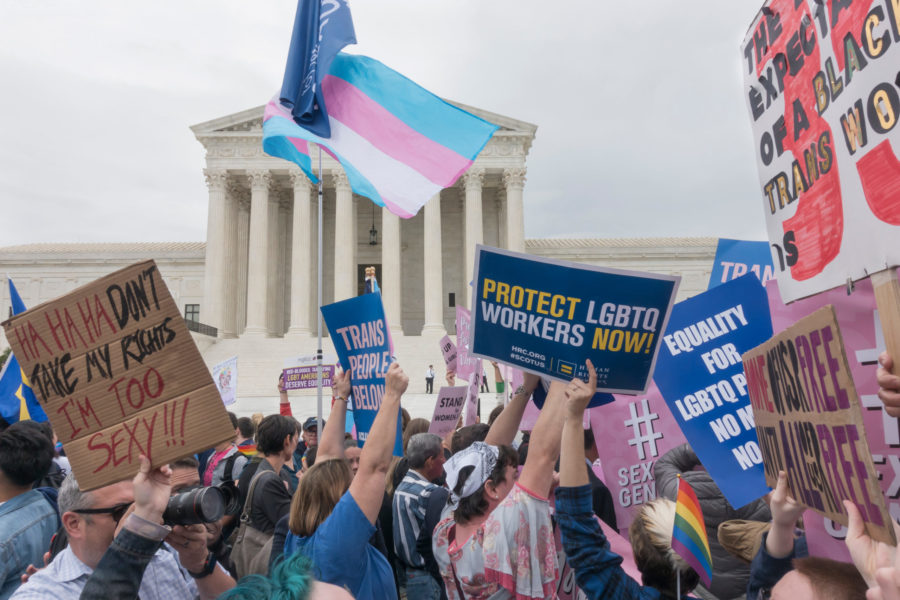Prison Health Care is Broken Under the Medicaid Inmate Exclusion Policy
Incarcerated individuals need health care, but punitive policies make securing access to care particularly difficult among this population.

Incarcerated individuals need health care, but punitive policies make securing access to care particularly difficult among this population.

U.S. incarcerated populations have long dealt with chronic sleep deprivation, often with little to no reprieve.
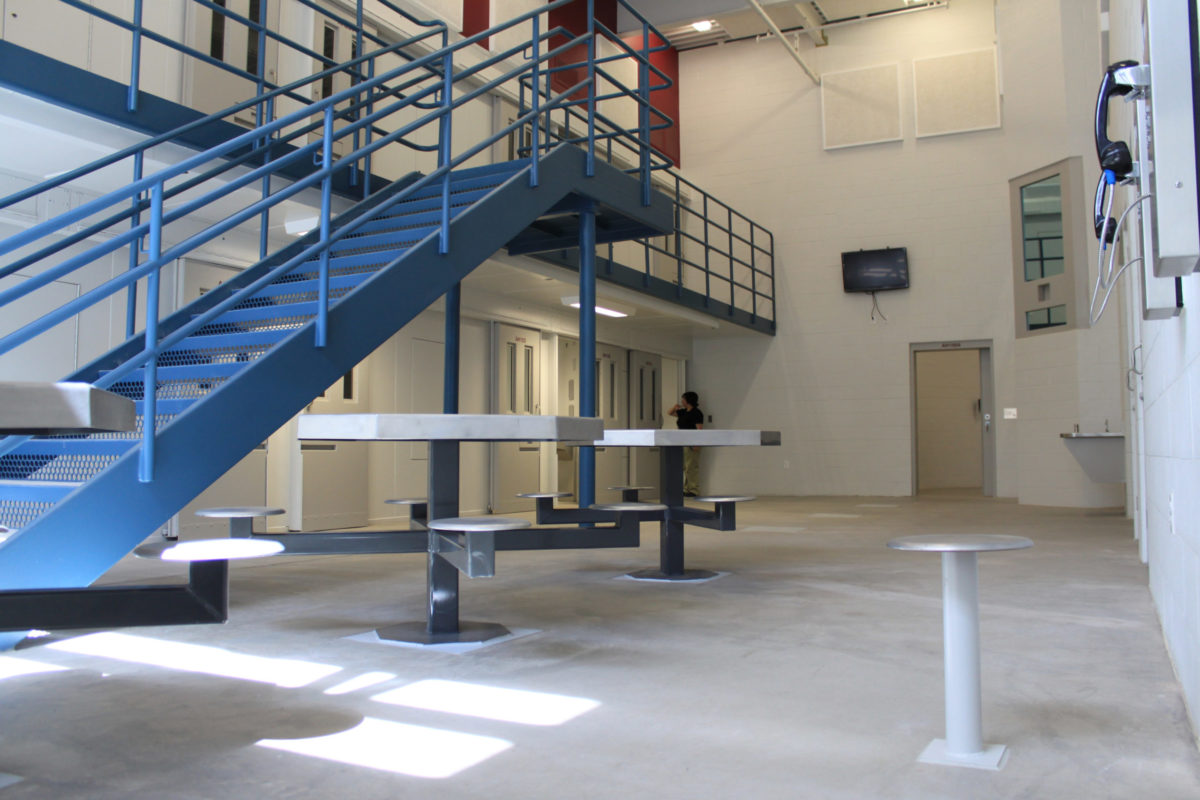
Collectively with these contributors, we aim to define the contours of the health justice movement and debates within it.

The legal profession has not only the ability, but also the responsibility, to address longstanding systemic harms.

Distributing vaccines equitably at the level of geographical units such as districts or nation-states may obfuscate injustices.
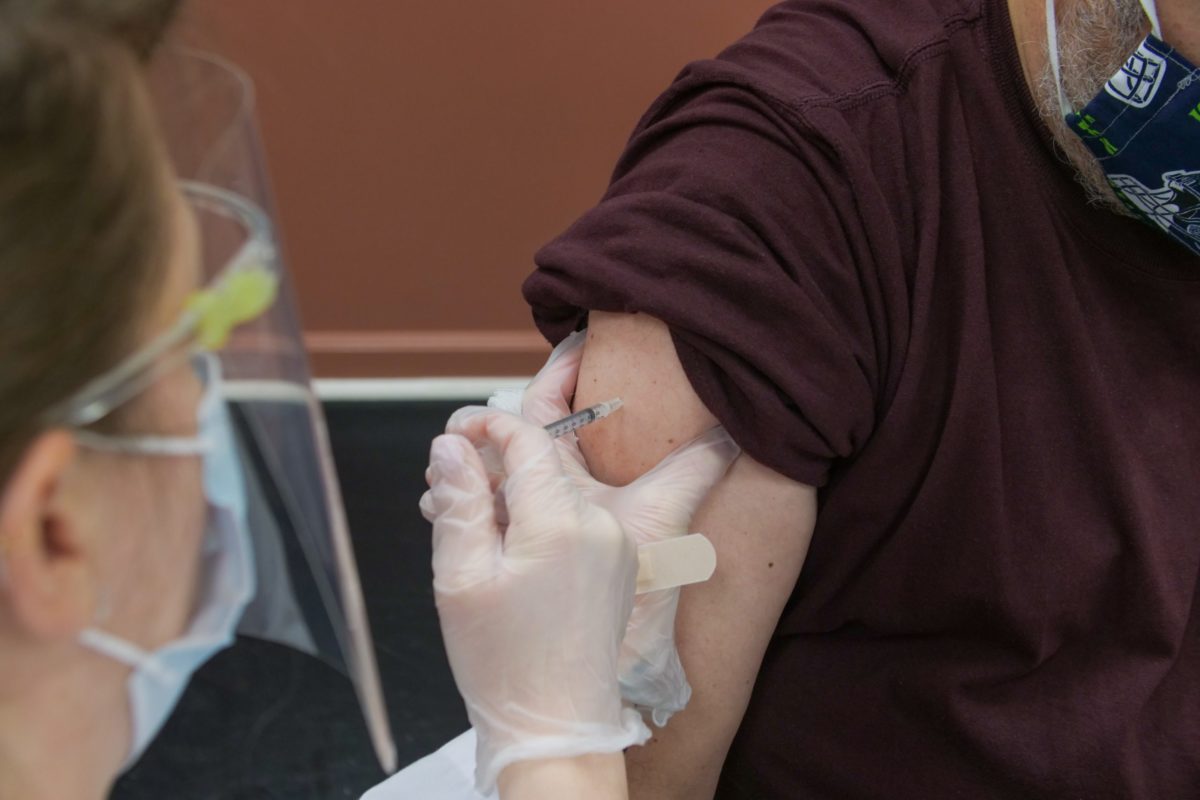
Placing community first and allowing them to drive solutions-based strategies is imperative to the health justice movement.

During the pandemic, community-based organizations filled many gaps by delivering services that local governments could not provide.
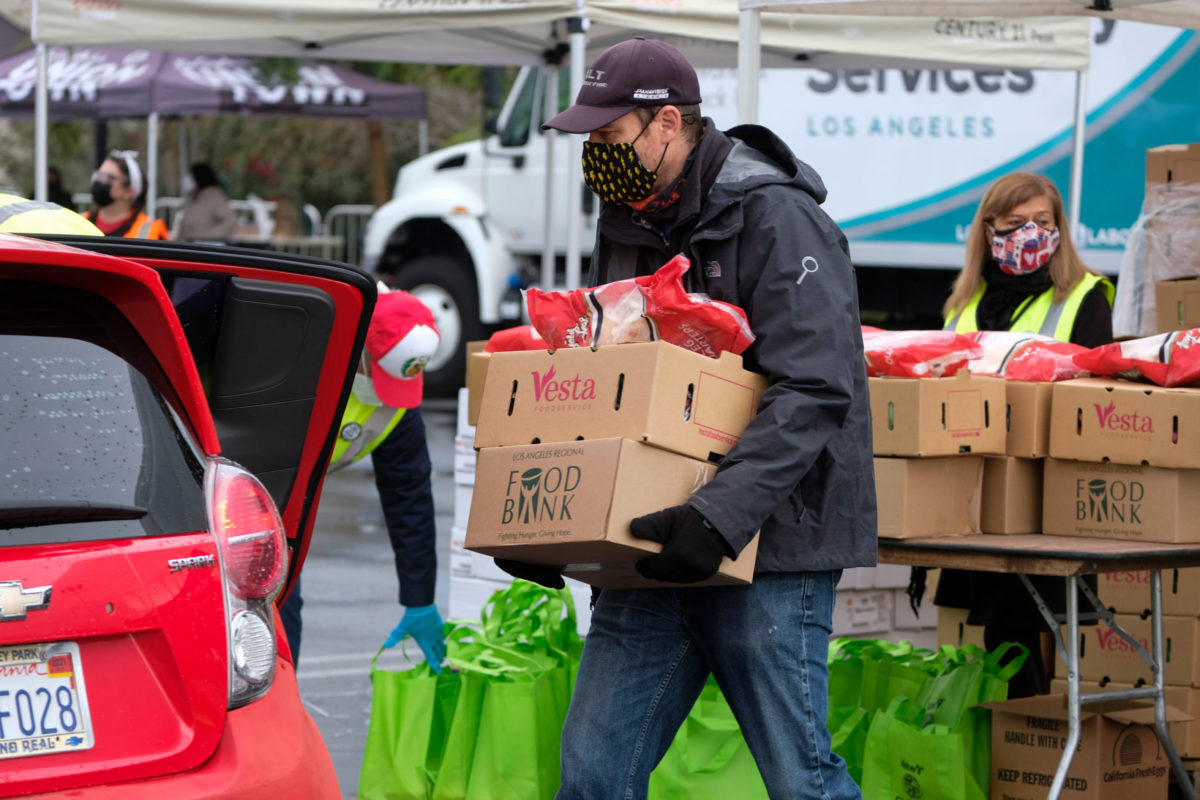
It’s time to re-envision and invest in a new public health infrastructure, one that is equipped and authorized to respond to the global crises we’re facing.
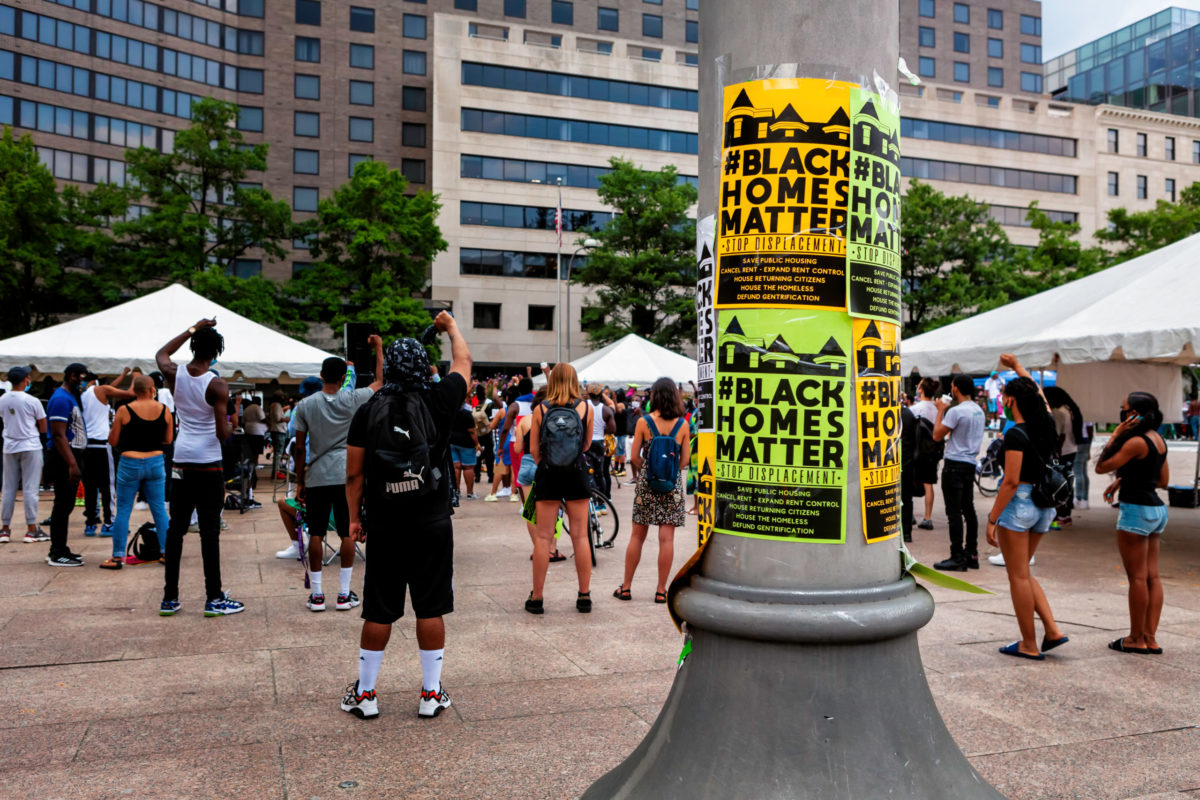
I grew up in the South Bronx, insulated from the absence of health justice until the fourth grade, when I began attending private school.

The health justice framework, with its emphasis on systems-level transformation, must guide work in the area of LGBTQ health equity.
